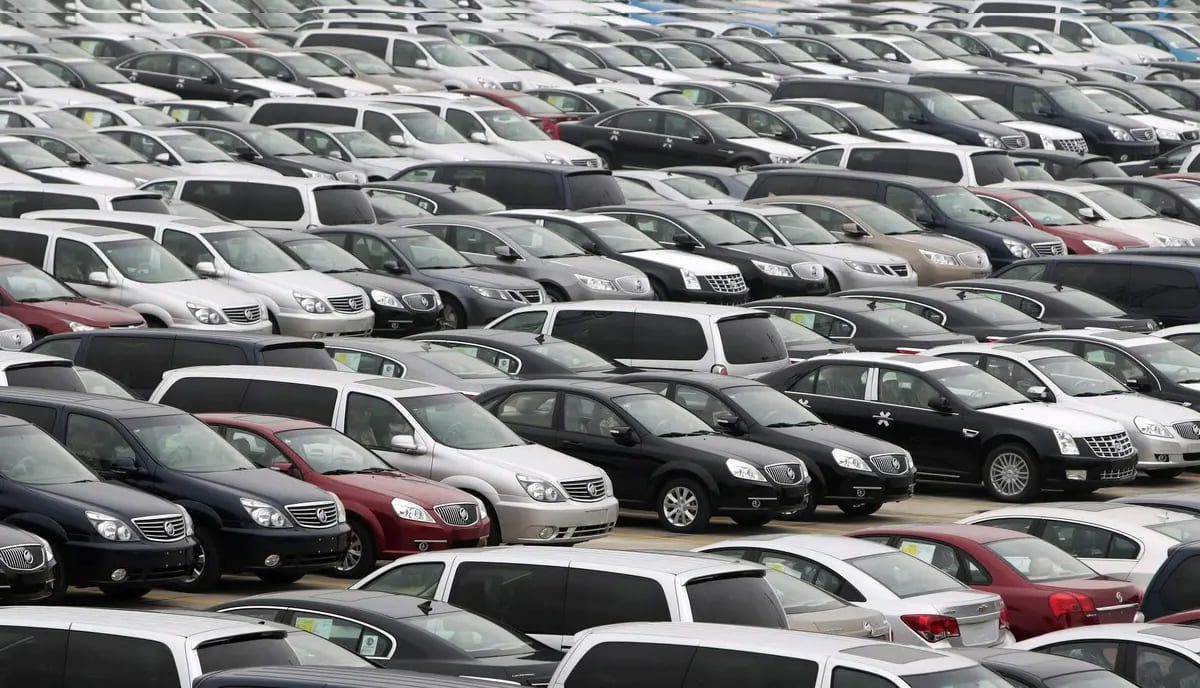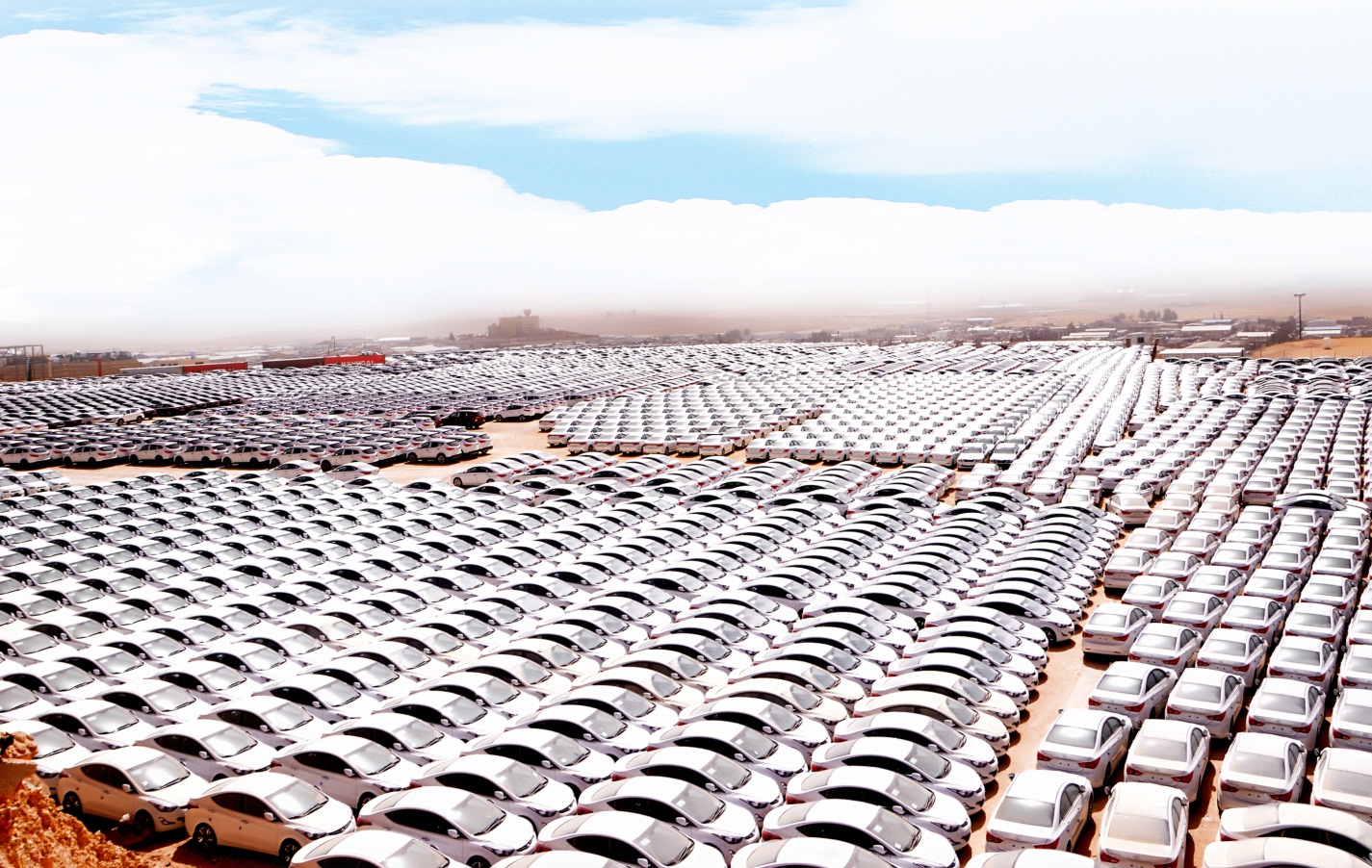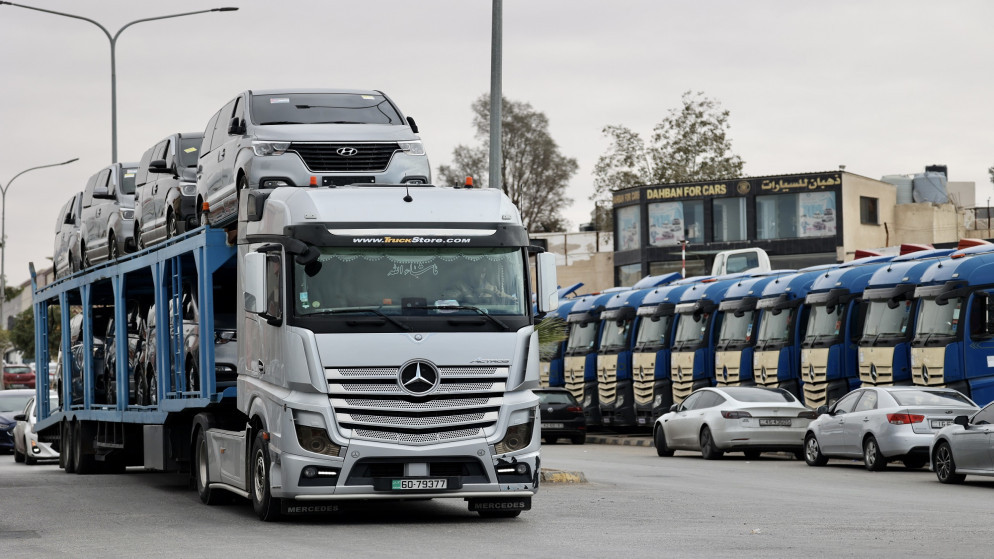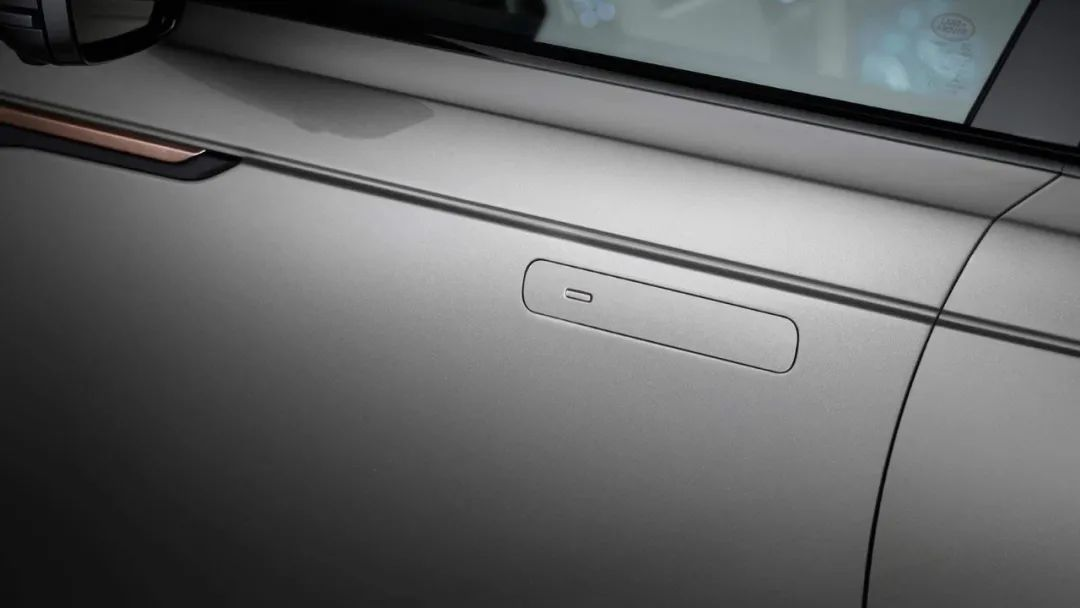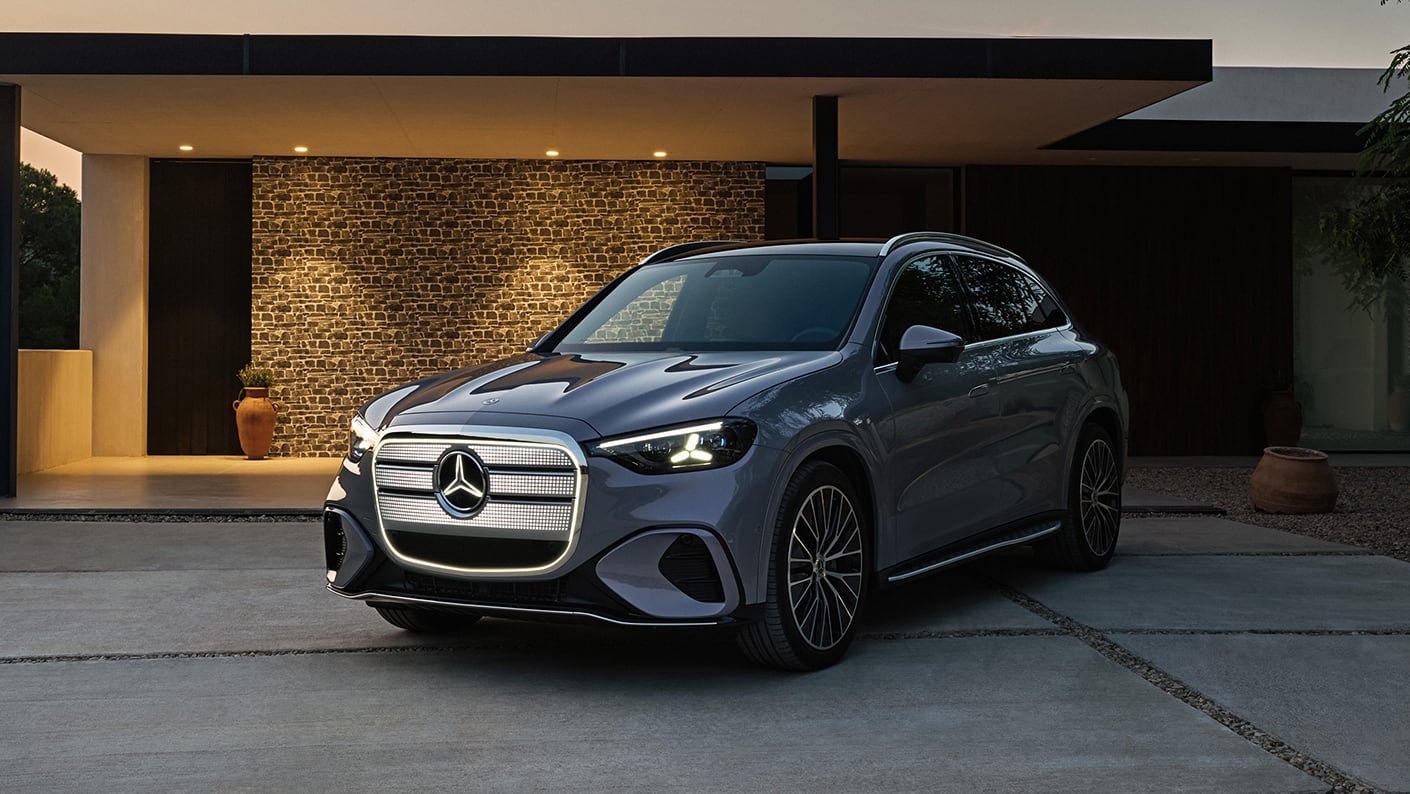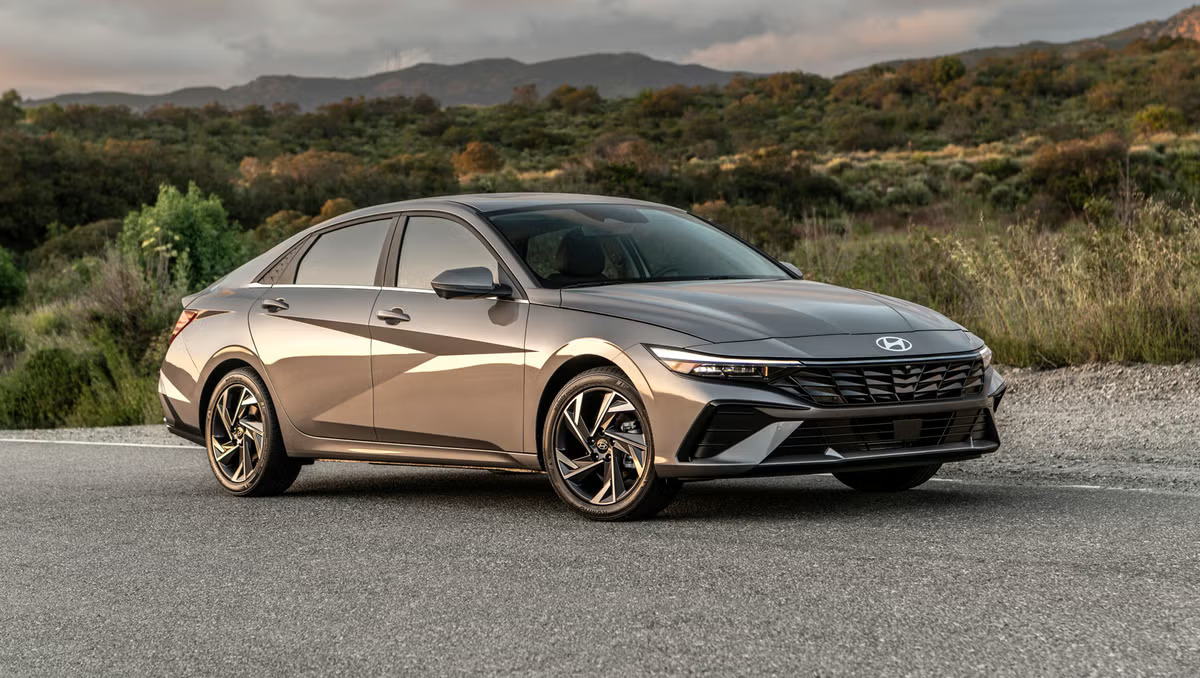Rising Concerns About Electric Vehicle Fires Ignite Debate Over Charging and Parking Restrictions in Seoul
1 year ago

The Seoul Metropolitan Government has announced plans to restrict electric vehicles (EVs) from entering underground parking lots in an effort to alleviate growing concerns about EV safety. The city has implemented these parking restrictions based on government data indicating that most EV fires occurred while the vehicles were parked. The Korea Transportation Safety Authority reported that out of 24 EV fires from January to August of this year, more than half (14 cases) happened while the vehicles were parked in parking lots.
In addition, Seoul has proposed limiting charging levels to 90% or less in underground parking lots and 80% or less in public parking areas to reduce the risk of battery cells exploding and catching fire. These measures are set to take effect by the end of September.
Watch the Video: Mercedes Electric Car Fire in South Korea Injures 21 and Destroys 70 Cars
The city's measures have sparked a backlash from EV owners and experts. EV owners argue that these guidelines contribute to stigmatizing them without addressing the real issues related to battery safety. A Tesla Model Y owner, who requested anonymity, stated, "Many residential complexes in Seoul only have underground parking lots, which means I have nowhere to park my car." EV owners have expressed their anger and frustration on online forums, claiming that the government’s measures infringe on property rights.
Yoon Won-sub, a prominent battery expert and professor at Sungkyunkwan University, stated, "Overcharging is not the decisive cause of EV fires." He added, "EV battery fires are more likely to occur due to internal failures in the battery cells or defects in the battery management system (BMS)."

Automakers and Battery Manufacturers Respond to Increasing EV Safety Concerns:
Automakers and battery manufacturers in Korea are preparing for a prolonged downturn in the EV market, while struggling to highlight safety measures. The EV sector is already suffering from a slowdown in global sales. Goldman Sachs has pointed to a lack of adequate charging infrastructure and potential political risks that could affect EV-related policies as factors hindering EV sales.
Automakers have opted for transparency and a “safety-first” approach to address the situation, disclosing the names of their EV battery suppliers. Seventeen automakers, including Hyundai Motor, Kia, BMW Korea, Mercedes-Benz Korea, Volkswagen Group, and Tesla Korea, have revealed the names of the companies that supply their EV batteries following a government request for this information.
These companies have also pledged to upgrade safety measures, including implementing advanced battery management systems and fire-resistant materials in batteries. Kia announced that it would gradually implement the latest battery management system, which detects unusual or abnormal battery activity and alerts the EV owner across all its models. LG Energy Solution also plans to apply fire-resistant materials to its battery modules.
Some automakers have refuted claims that overcharging is dangerous. BMW Korea and Hyundai have assured that their EV models are "safe even after fully charging the batteries to 100%." BMW Korea emphasized that the company’s proactive care system, installed in all BMW EVs, monitors the battery’s charge status, temperature, State of Charge (SoC), State of Health (SoH), and performance limits in real time. "If an anomaly is detected, the BMW Proactive Care team immediately contacts the owner to provide the necessary response measures," said a BMW Korea representative.
However, experts say it will take some time before "EV phobia" subsides and EV sales recover. A recent survey conducted by SK Communications, the operator of the Nate web portal, revealed that 87% of 5,568 adults said they would prefer the government to implement regulations such as designating separate parking areas for EVs or banning them from underground parking lots. One respondent stated, "Electric cars are potential bombs on wheels. We need stronger regulations."
HOMEPAGE.RELATED_ARTICLES
COMMON.SEE_ALL
